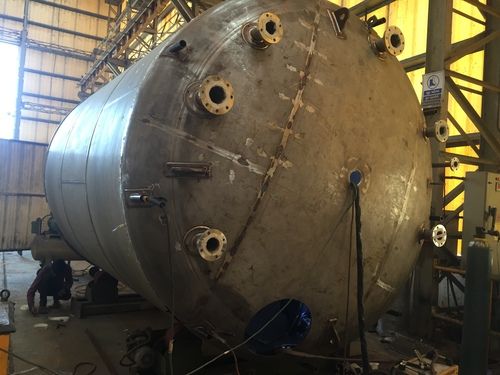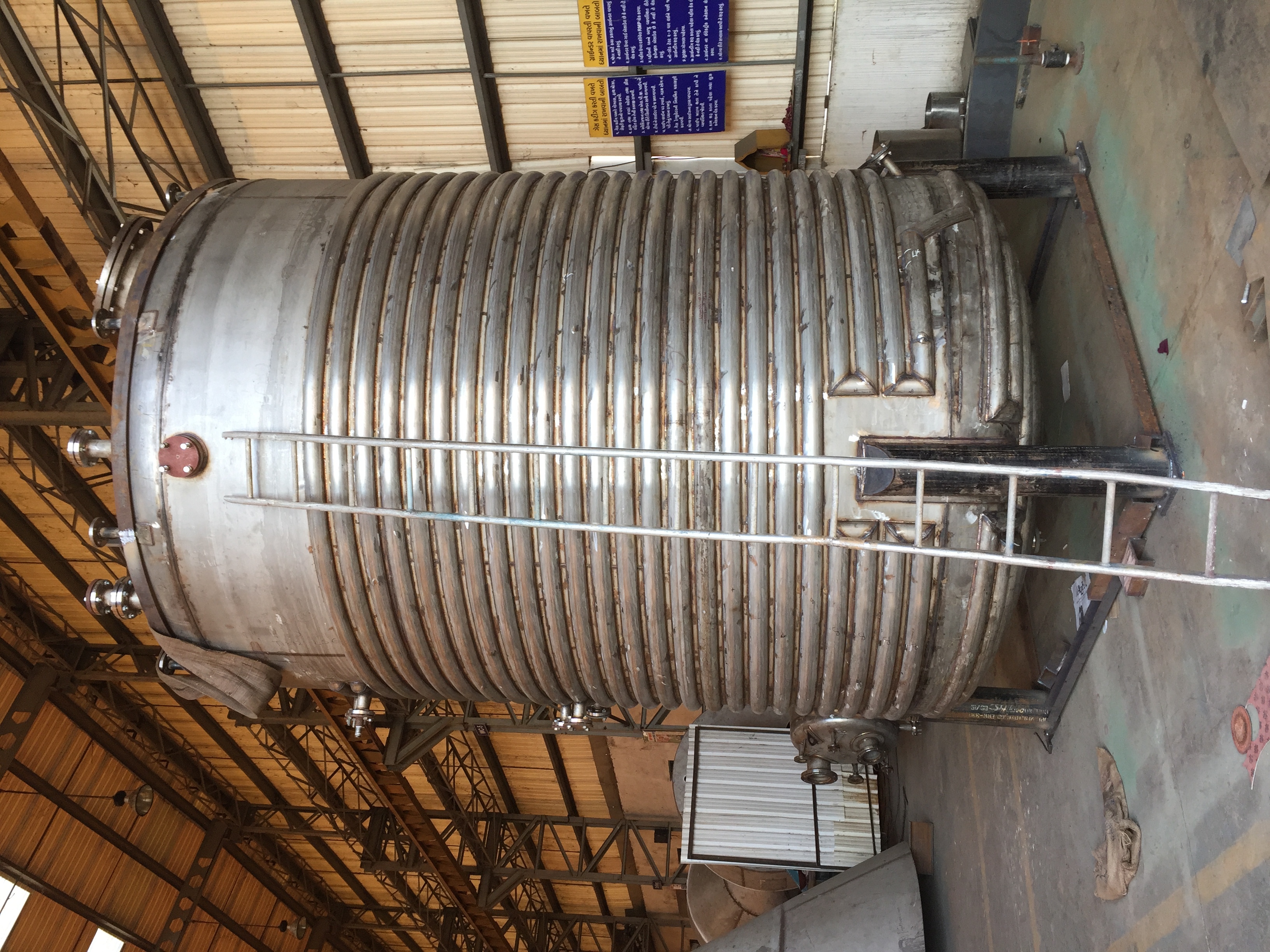Call us
08045475628
An agitated reactor is a type of chemical reactor used in industrial processes where substances are mixed to facilitate reactions. The "agitated" part refers to the mixing or stirring mechanism within the reactor, which ensures that the reactants are evenly distributed and come into contact with each other, enhancing the efficiency of the reaction.
Here's a quick breakdown of how it works:
Mixing Mechanism: Agitated reactors have various types of agitation systems, such as impellers or stirrers. These mechanisms help keep the reactants in constant motion, which improves the uniformity of the reaction mixture.
Heat Transfer: The agitation can also assist in heat transfer within the reactor, which is crucial for maintaining the proper temperature for the reaction.
Reaction Control: By controlling the speed and type of agitation, operators can influence the reaction rate and product yield.
Agitated reactors are used in various industries, including pharmaceuticals, chemicals, and petrochemicals, where precise control of reaction conditions is essential for producing high-quality products.




Price: